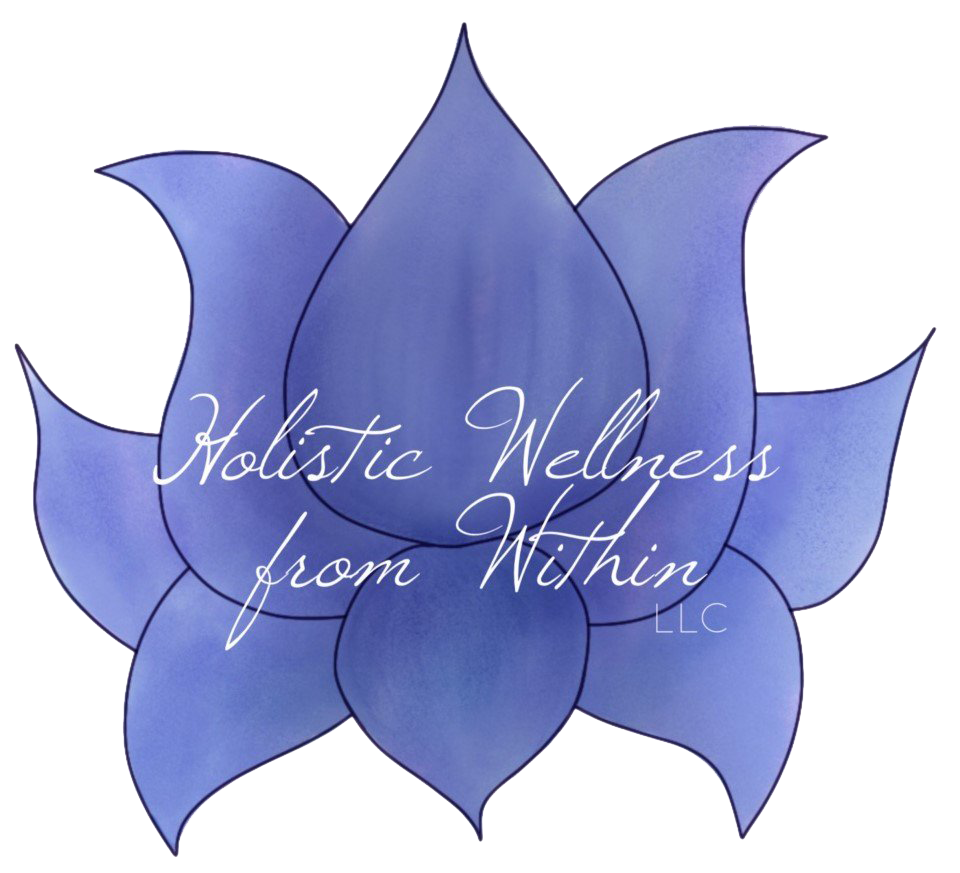What is Glycine and it Can Protect you from Glyphosate - (Part 2)
GLYCINE – Glycine is an amino acid that helps with the production of serotonin. It also serves as the key component of collagen, giving structure to bones, skin, muscles, and connective tissue. Glycine assists in clearing toxins from the body and cleans and protects the gut from glyphosate. Glycine can also help with mood, memory, sleep, stroke recovery, heart disease and even various psychiatric disorders such as schizophrenia.
I have been studying the dangers of glyphosate for years as discussed in my recently published article - The Dangers of Glyphosate Part 1. I recommend reading this article before continuing.
More importantly I was looking for answers to combat the toxicity of glyphosate in our bodies since no matter what we do we simply cannot avoid all exposure to glyphosate.
Recently I began taking glycine as recommended by Stephanie Seneff for the detoxification of glyphosate. Almost immediately I noticed amazing changes in my sleep, memory, and gut health, as well as muscle strength and endurance.
Let’s break down some of the benefits of Glycine:
1. Research has shown that glycine boosts cognition and is important for brain function. (1)
2. Glycine is used in protein synthesis and detoxification. (2)
3. Glycine is essential to the production of heme, creatine, glutathione (the master antioxidant), nucleic acids, uric acid, and bile. (3)
4. Glycine protects cells and tissues from death. (4, 5, 6,)
5. Glycine fights bacteria and has been shown to inhibit the growth of 31 strains of bacteria, including antibiotic-resistant H. Pylori. (7)
6. Glycine improves the quality of sleep by lowering the body’s temperature and causing deeper, reparative, sleep to occur. (8)
7. Glycine has been reported to protect the liver and kidneys from damage from medication and enhances the recovery of alcoholic hepatitis patients. (9)
8. Glycine reduces inflammation by lowering oxidative stress also resulting in less insulin resistance, and muscle weakness. (10)
9. Glycine can remove glyphosate from the body and heal the gut. (11)
Taking small amounts of glycine can be great for some of the benefits listed in this article but to detox from glyphosate, according to Stephanie Seneff, one must saturate the body with glycine. To do so the recommended dosage is 3 teaspoons a day. I recommend taking glycine twice times a day; 1 tsp at noon and 2 tsp at night for three to four weeks. This will cause the body to detox glyphosate through the urine. After three to four weeks, a maintenance dose of 1/4 tsp at noon and 1/4 tsp at night is required to continue to protect the gut from glyphosate exposure. I recommend Micro Ingredients glycine.
Here are a few other suggestions for preventing exposure to and detoxing glyphosate.
1. Consume unpasteurized apple cider vinegar. It contains acetobacter which can break down glyphosate. Seneff says, "We have salad for dinner, and I think it can actually help you to break down whatever glyphosate is in your mouth, because it will get right to work turning glyphosate into useful phosphorus. It completely gets rid of it."
2. Seneff also suggests eating garlic and cruciferous vegetables, which are good sources of sulfur.
3. Collagen is naturally rich in glycine, but if going this route, I recommend looking for organic grass-fed collagen only.
4. Organic bone broth is another excellent source of glycine-rich collagen.
A proper Mineral Balancing Program is the first step in balancing the body, so it can safely and effectively detox. Read more about my Mineral Balancing Program and contact me if you have any questions.
All recommendations for supplements, products, or procedures, are not intended as treatment or prescription for any disease or as a substitute for medical care. All handouts or information dispersed as requested, during appointments or at workshops are the opinions of Doreen McCafferty, Holistic Lifestyle Consultant, unless otherwise noted. Individual articles are based upon the opinions or the respective author who retains copyright as marked. This information is not intended to replace a one-on-one relationship with a qualified health care professional and is not intended as medical advice. It is intended as a sharing of knowledge and information from the research and experience of Doreen McCafferty and her community. Doreen McCafferty encourages you to make your own health care decision based upon research and in partnership with a qualified health care professional. 